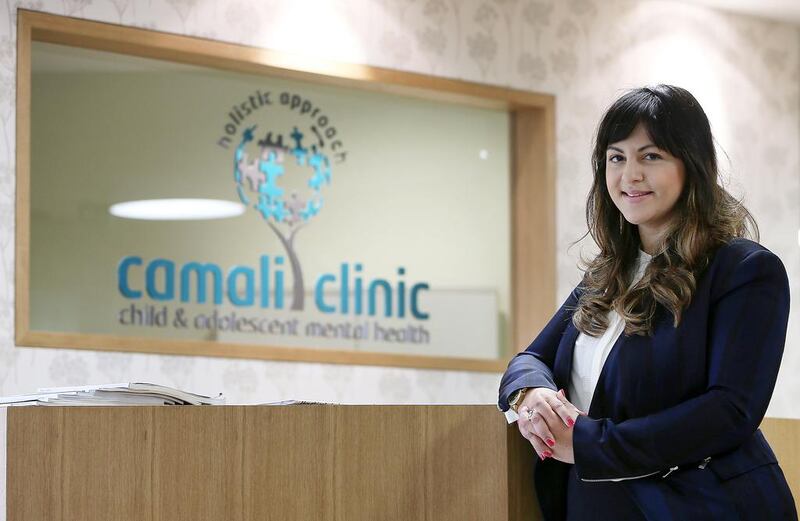ABU DHABI // Doctors have confirmed that children as young as eight years old are suffering from eating disorders such as anorexia nervosa and bulimia nervosa.
They believe parents and medical experts need to work together to stop this “worrying trend”.
Dr Fareeha Sadiq, a child and adolescent psychiatrist at Camali Clinic in Dubai, said: “I have worked with children and young adults with eating disorders in both outpatient clinics and inpatient settings. I have seen children as young as eight who are preoccupied with their self-image and dieting.”
While there is no proven reason why people suffer from eating disorders, she believed they were “maladaptive ways of coping and dealing with distressed emotional states as a way of regaining some control over one’s life”.
She said: “These greatly affect not just the individual, but also their families.”
Helping youngsters recover from the problem “requires persistence and support from professionals and family”, she said.
“It is important to offer family members help and understanding into how the eating disorder has developed, and the function it serves for the young person.”
Dr Dolly Habbal, clinical psychologist at Gulf Diagnostic Hospital in Abu Dhabi, described eating disorders as “a psychological illness characterised by abnormal eating habits that may involve either insufficient or excessive food intake”.
She said incidences of the condition were increasing across the world, especially within the female population.
“Idealisation of thinness and beauty has contributed to eating disorders affecting women with low-self esteem,” she said.
Dr Nadia Dabbagh, a child and adolescent psychiatrist at Rashid Hospital in Dubai, said anorexia was a potentially fatal disease. She said it had “the highest mortality rate of any psychiatric disorder”.
“Its effect on sufferers and their families, friends and education or professional life is tremendous.”
Dr Dabbagh said genetic vulnerability could be a factor in the problem. She also said certain family environments and cultures can make eating disorders worse.
Catching eating disorders early is important, Dr Dabbagh added.
“Awareness and detection is the first step. Finding evidence-based help is the subsequent step to empower young people and their families to get help to beat anorexia,” she said.
She said is it important to have a team of medical experts to work with the child, including physicians, therapists and dieticians.
“The journey to recovery can be a slow and painful process. However, young people can get well and overcome anorexia and go on to live healthy and happy lives,” she said.
aalkhoori@thenational.ae





